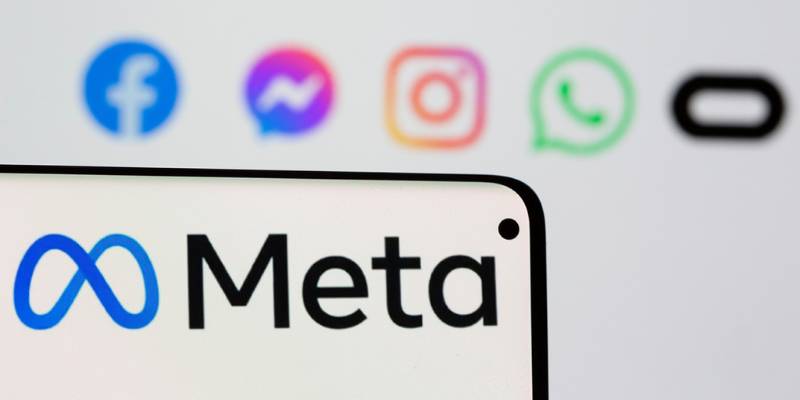Meta has confirmed that starting December 16, 2025, conversations with its generative AI assistant will be used to personalize ads and content across Facebook and Instagram.
In plain English, what you chat about with Meta AI — whether it’s hiking boots, sushi recipes, or your dream vacation — could soon show up in your feed as targeted ads or suggested groups, as reported by Reuters.
The move is bold, and let’s be real, a bit unsettling. Meta says sensitive conversations — about health, religion, sexual orientation, or politics — will be excluded from ad targeting.
But the fine print? If you use Meta AI, you won’t be able to opt out. Starting October 7, users will receive notifications about the shift, and most regions outside the EU, UK, and South Korea will be included in the rollout.
This push for hyper-personalization comes as Meta races against rivals like Google and Amazon, which are also testing ways to monetize AI features.
Google has leaned on cloud-based AI services for enterprise clients, while Amazon is weaving AI into Alexa and retail recommendations.
Still, few companies have tried using generative chat data to target ads at the scale Meta is attempting, making this a risky but potentially game-changing bet, highlighted in coverage of big tech AI monetization.
The announcement fits neatly into Mark Zuckerberg’s vision of making Meta AI the “leading personal AI,” doubling down on voice, personalization, and entertainment.
Just last month, the company showed off its next-gen smart glasses, complete with a display and AI integration, a gadget that’s being positioned as a daily interface for its AI ecosystem.
You can read more about that showcase in Wired’s breakdown of Meta’s Connect conference.
Not everyone is thrilled. Privacy advocates are already sounding alarms, warning that the line between “assistant” and “surveillance” is blurring.
Groups like the Electronic Frontier Foundation argue that such moves normalize the idea of companies mining every interaction for profit.
They point to a recent EFF statement on the risks of AI data collection, especially in contexts where users believe they’re just “talking” to a machine, not feeding an ad engine.
Still, Meta’s gamble might pay off. The company says Meta AI now has 1 billion monthly active users, giving it the scale to dominate a new era of conversational data-driven advertising.
Whether that feels like helpful personalization or a step too far will likely depend on how transparent Meta stays — and how much patience users have for ads that seem to read their minds.
From where I stand, it’s a fascinating contradiction: people complain about irrelevant ads, but bristle when targeting gets “too accurate.”
Meta is walking that tightrope, and only time will tell if it builds trust or sparks another round of backlash.


